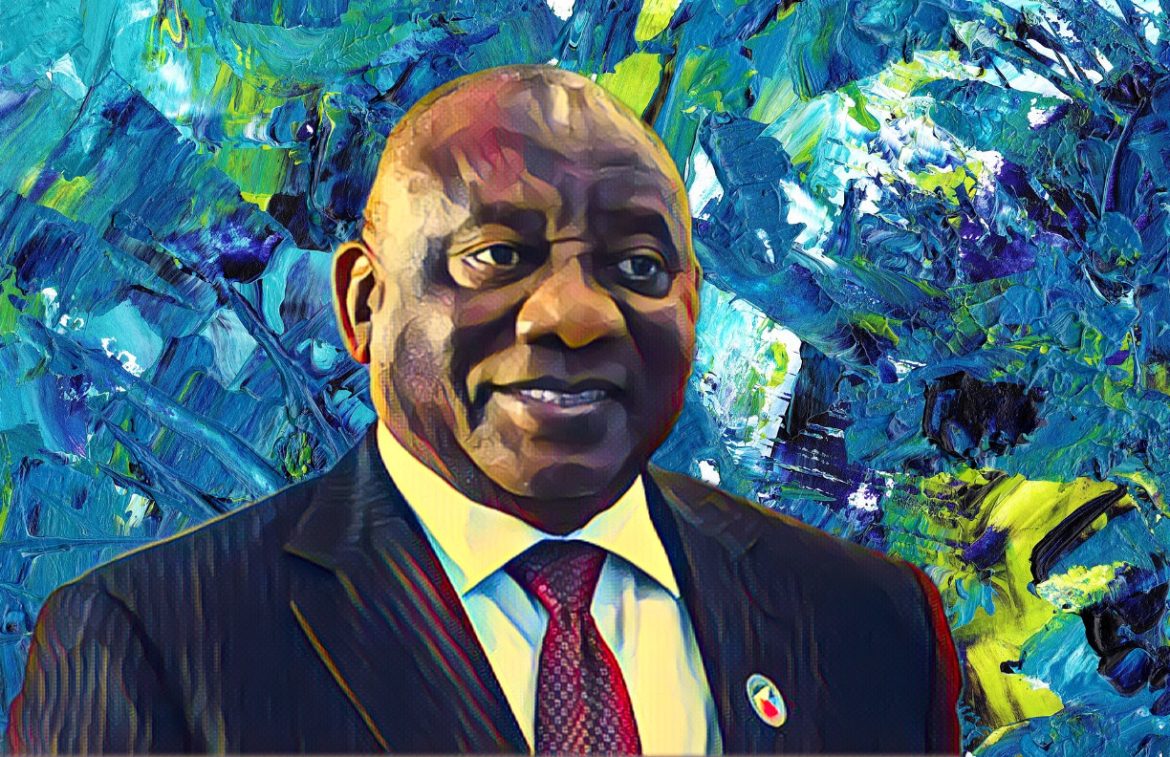The carbon intensity of South Africa’s economy has become unsustainable, President Cyril Ramaphosa emphasized in his weekly newsletter ahead of his address at a climate finance symposium hosted by the National Treasury and the Presidential Climate Commission.
Ramaphosa noted that the world is shifting towards greener economies. This shift includes South Africa’s major trading partners, who are implementing decarbonization measures that will impact the competitiveness of the country’s exports.
Although Ramaphosa did not directly mention the European Union’s Carbon Border Adjustment Mechanism (CBAM), it is a significant concern. The EU plans to implement CBAM from 2026, with similar measures expected in the UK, US, Japan, and Canada. South Africa’s cement, iron, steel, and aluminum sectors are particularly vulnerable. Research indicates these sectors could see export declines between 16% and 30% by 2030 due to CBAM.
This vulnerability is primarily due to South Africa’s coal-intensive electricity sector, which significantly raises Scope 3 emissions for electricity-intensive manufacturers. South Africa is diplomatically opposing the CBAM, arguing that such unilateral measures contradict the multilateral approach needed to combat climate change.
Ramaphosa highlighted the economic challenges South Africa faces, including premature deindustrialization. He stressed that CBAM measures would further weaken the country’s financial position, hindering its ability to implement carbon mitigation and adaptation strategies. These strategies are part of the Just Energy Transition Partnership, which includes several countries considering CBAM measures.
Ramaphosa pointed out that the effects of climate change are worsening in South Africa. He referenced the 2022 KwaZulu-Natal floods, which resulted in over 300 deaths and extensive damage to infrastructure. Other severe storms, floods, and heatwaves have also taken a toll on the nation.
The president emphasized the economic toll on sectors such as agriculture, tourism, mining, and manufacturing. He also noted threats to water security, food security, public infrastructure, human settlements, healthcare, and education. “The increasing frequency of extreme weather events is a stark reminder that we have to accelerate our efforts,” Ramaphosa stated.
Ramaphosa called for using fiscal policy to manage public finances to support responses to climate change and advance a just transition to a more inclusive, resilient, and sustainable economy. This includes adjusting fiscal policies to address climate shocks and promote sustainable economic growth.
South Africa’s economy faces significant challenges due to its carbon intensity and dependence on coal. President Ramaphosa’s call to action highlights the urgency of transitioning to a greener economy. With global decarbonization pressures mounting, South Africa must adapt quickly to remain competitive and sustainable.
Source: Mining Weekly



